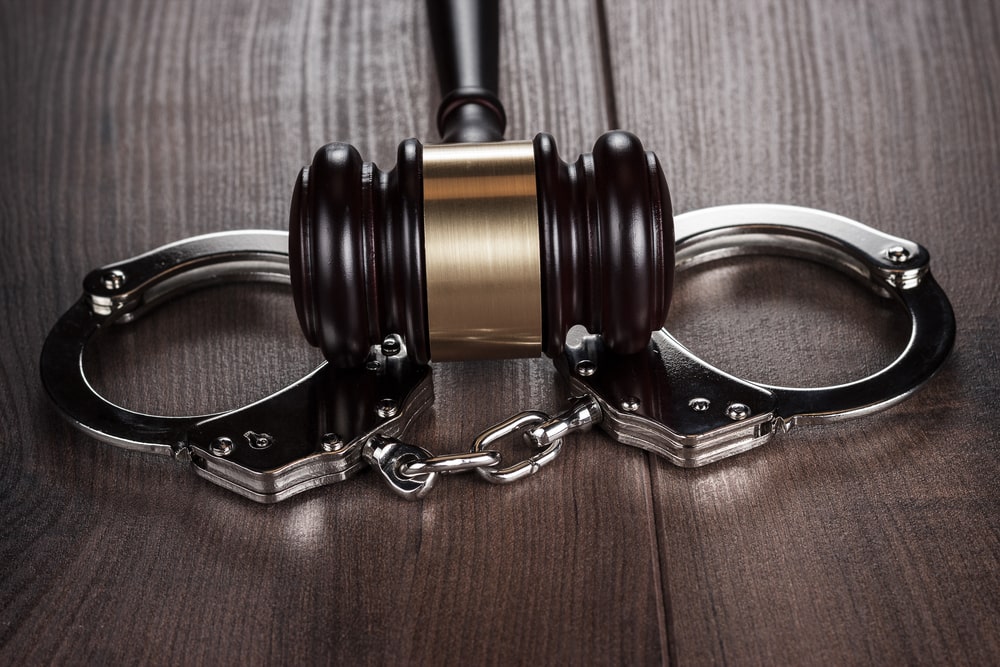Facing charges related to a stolen gun is a daunting and serious matter. The consequences can be severe, impacting not only your freedom but also your future employment prospects, and personal relationships. However, with the right approach and expert legal guidance from a criminal lawyer, it is possible to navigate through this challenging situation successfully. This blog post, written by knowledgeable attorneys at Garrett, Walker, Aycoth & Olson, Attorneys at Law, outlines key strategies for defending against a stolen gun charge.
Understand The Charges
First and foremost, it is crucial to understand the specific charges you are facing. Charges related to stolen firearms can range from possession of a stolen firearm to trafficking in stolen firearms, each carrying different penalties and requiring distinct defense strategies. Knowledge of the exact nature of the accusations against you is the first step in crafting an effective defense.
Secure Legal Representation Immediately
The importance of hiring a knowledgeable criminal defense attorney as soon as possible cannot be overstated. A lawyer who has experience with stolen gun cases will be able to navigate the complexities of the law and will work to protect your rights throughout the legal process. Your attorney will also be able to evaluate the strength of the prosecution’s evidence against you and advise you on the best course of action.
Challenge The Evidence
A critical part of your defense will involve challenging the prosecution’s evidence. This may include questioning the legality of how the evidence against you was obtained. For instance, if the firearm was discovered during an illegal search, your attorney might be able to have that evidence suppressed. Moreover, your lawyer can scrutinize the prosecution’s case for any inconsistencies or weaknesses, such as unreliable witness testimony or questionable forensic evidence.
Present A Strong Defense
Depending on the circumstances of your case, there are several defenses that might be used to fight a stolen gun charge. These can include:
- Lack of Knowledge: Arguing that you were not aware the gun was stolen. For this defense to be successful, your attorney must demonstrate that you had no reason to believe the firearm was obtained unlawfully.
- Mistake of Fact: Similar to lack of knowledge, this defense asserts that you genuinely believed you had the legal right to possess the firearm.
- Ownership Dispute: In some cases, it may be possible to argue that the gun was not actually stolen, and there is a legitimate ownership dispute.
- Duress: Claiming that you were forced to possess the stolen gun under threat of harm can be another defense, although it is difficult to prove and requires substantial evidence.
Negotiate A Plea Deal
In some instances, the best course of action may be to negotiate a plea deal with the prosecution. An experienced attorney can negotiate on your behalf to potentially reduce the charges or the severity of the sentence. This option might be particularly worth considering if the evidence against you is strong and the prospects of an acquittal are slim.
Prepare For Trial
If your case goes to trial, thorough preparation is key. This involves gathering evidence, identifying and coaching witnesses, and developing a compelling narrative for your defense. Your attorney will work to discredit the prosecution’s case while presenting your side of the story in the most favorable light.
Facing charges related to a stolen gun is undoubtedly challenging, but it is not insurmountable. With the right legal strategy and a skilled defense team, you can fight the charges against you. Remember, every case is unique, and the best defense strategy depends on the specific details of your situation. If you find yourself in this predicament, seeking prompt and professional legal advice is the most critical step you can take towards securing a favorable outcome.
This blog post is for informational purposes only and does not constitute legal advice. If you are facing charges related to a stolen firearm, it is imperative to consult with a criminal defense attorney to discuss your specific case.
